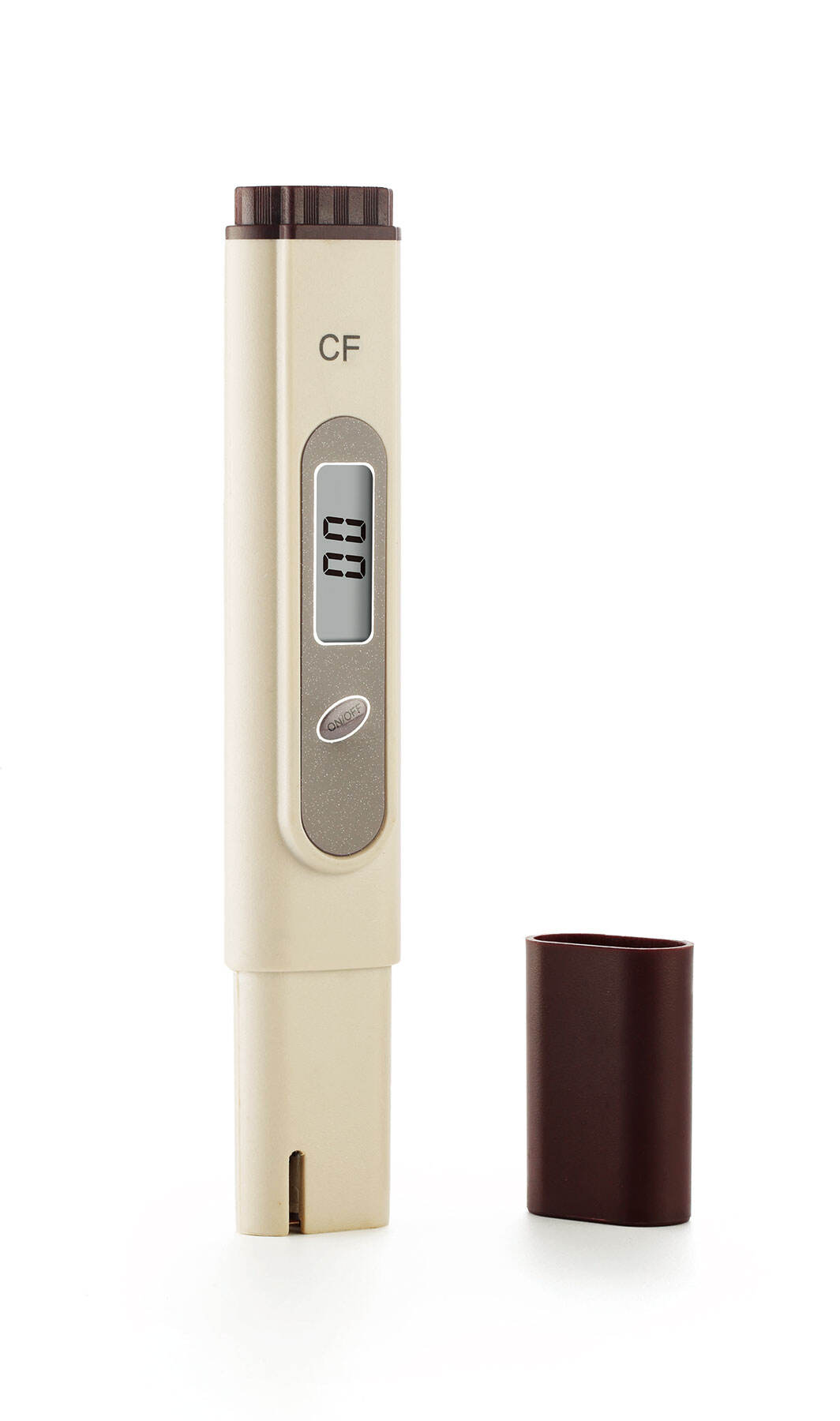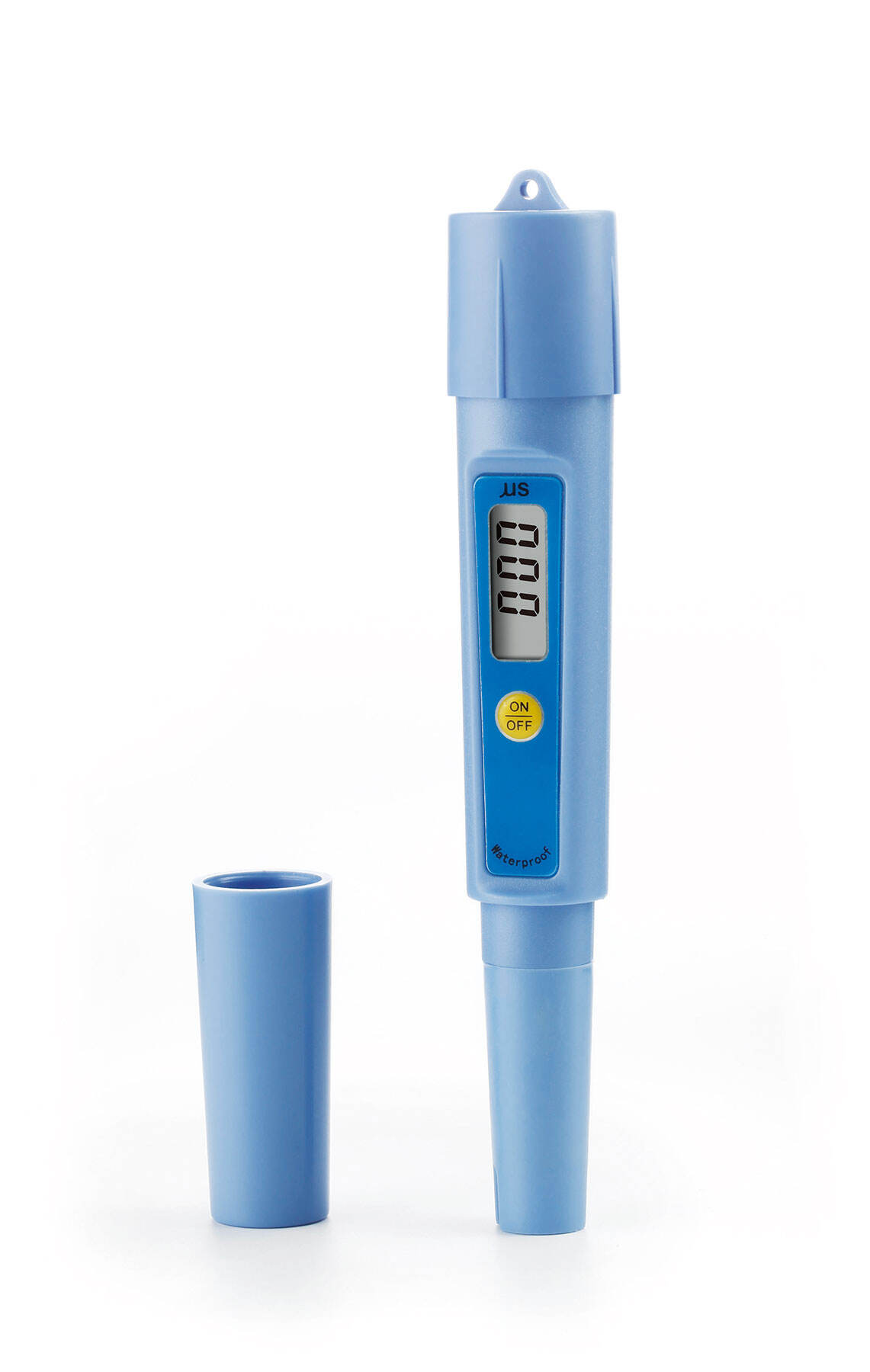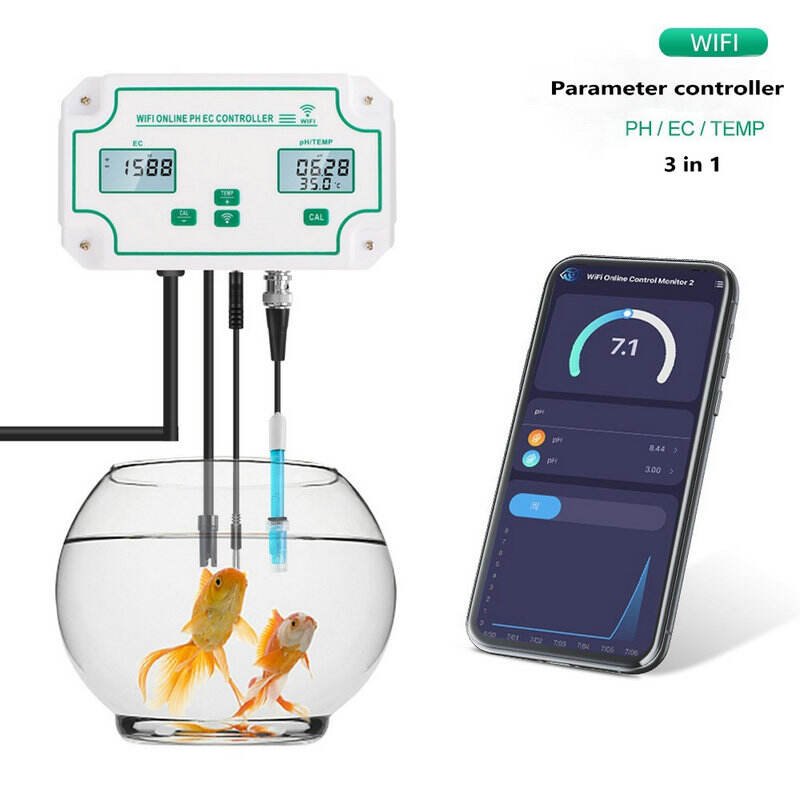conductivity meter electrode
A conductivity meter electrode is a sophisticated measuring instrument designed to determine the electrical conductivity of various solutions and materials. This essential device consists of two or more electrodes, typically made from platinum or graphite, housed within a durable probe body. The electrode operates by applying an alternating current between its sensing elements and measuring the solution's ability to conduct electricity. Modern conductivity meter electrodes incorporate temperature compensation features to ensure accurate readings across different environmental conditions. These instruments are calibrated using standard solutions of known conductivity values, enabling precise measurements in diverse applications. The technology behind conductivity meter electrodes has evolved significantly, now offering features such as digital signal processing, automatic ranging, and smart calibration protocols. They are extensively used in water quality monitoring, industrial process control, research laboratories, and environmental testing. The electrode's design often includes protective housing to prevent contamination and ensure longevity, while maintaining sensitivity to conductivity changes. These devices can measure conductivity ranges from ultra-pure water to highly concentrated solutions, making them versatile tools in various industries.


